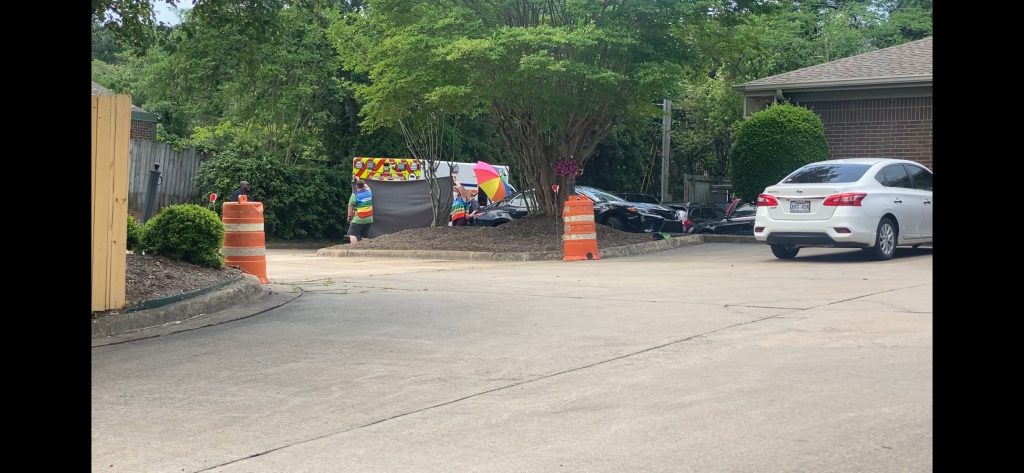Anarchist Group Firebombs Pro-Life Office in Wisconsin
An anarchist group recently firebombed a pro-life office in Wisconsin.
Watch this video to learn more.
An anarchist group recently firebombed a pro-life office in Wisconsin.
Watch this video to learn more.

According to information posted on its website, Planned Parenthood Action Fund intends to hold pro-abortion rallies in Little Rock, Fayetteville, Fort Smith, Texarkana, Jonesboro, and Mountain Home at 2:00p.m. on Saturday, May 14.
Planned Parenthood is the nation’s leading abortion provider.
Saturday’s gatherings appear to be part of a nationwide event Planned Parenthood is orchestrating in response to the leaked U.S. Supreme Court draft opinion that could reverse Roe v. Wade.
The pro-abortion rally in Little Rock is set to take place at the Arkansas Capitol Building, and Planned Parenthood indicates its Fort Smith event will occur at the Sebastian County Court House.
Planned Parenthood has not publicly released the addresses of the other pro-abortion rallies scheduled to take place in Arkansas.
It should come as no surprise that the nation’s largest abortion provider is mobilizing in Arkansas, but here are some key facts to keep in mind:

Around 1:00 p.m. on Tuesday pro-lifers reported seeing a woman transported by ambulance from Little Rock Family Planning Services — Arkansas’ only surgical abortion facility.
Photos and video footage of the incident show what appear to be abortion facility staff and volunteers escorting a woman from the facility to an ambulance waiting outside.
Below is video footage provided to Family Council.
At this time, nothing is known about the woman’s condition.
Unfortunately, this is not an isolated incident.
We have written repeatedly about ambulances sighted at the surgical abortion facility in Little Rock over the years.
Last year Operation Rescue determined that Little Rock Family Planning Services had requested ambulance transports more than 60 times.
Incidents like these are part of what prompted the Arkansas Legislature to enact Act 740 of 2021 last year.
The law requires abortionists to maintain transfer agreements with local hospitals to handle these sorts of emergencies.
According to documents Family Council obtained from the Arkansas Department of Health last year, Little Rock Family Planning Services maintains an ambulance transport agreement with MEMS and a hospital transfer agreement with the University of Arkansas for Medical Sciences.
As far as Family Council can tell, Act 740’s requirements have prevented Planned Parenthood from performing abortions at its new facility in Rogers.
Seeing an ambulance at an abortion facility is a sobering reminder that abortion takes the life of an unborn child, and it carries serious health risks for women.
Articles appearing on this website are written with the aid of Family Council’s researchers and writers.